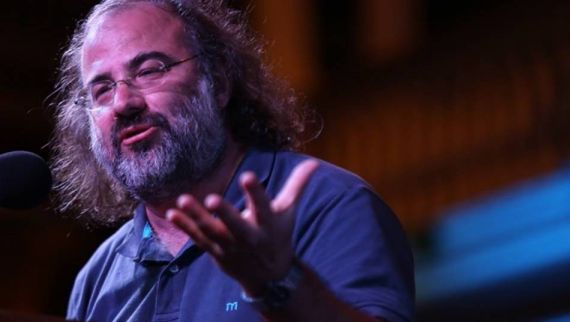
A. P. Alencart leyendo en la clausura del Festival de Granada (Nicaragua). Foto de Evelyn Flores
“Crear en Salamanca” tiene el privilegio de publicar las traducciones inéditas que Margaret Saine acaba de hacer en torno a tres poemas de Alfredo Pérez Alencart, reconocido poeta peruano-español y profesor de la Universidad de Salamanca. Margaret Saine nació en Alemania y vive en Los Ángeles, California, donde pertenece a un grupo de poetas hispanos. Después de un doctorado de Yale en literatura francesa y española, enseñó en varias universidades. Escribe y sueña en cinco idiomas, traduciendo a otros poetas. Ha publicado cuatro libros de poemas en inglés y cuatro en alemán. Desde 2008 escribe también al menos un haiku diario.
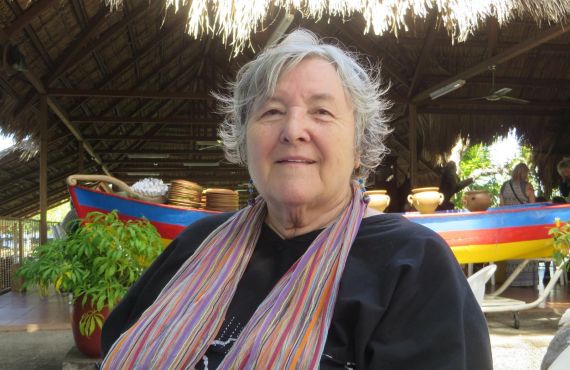
Margaret Saine en la isleta La Ceiba, lago Cocibolca (foto de Jacqueline Alencar)
Alencart y Saine se conocieron durante el XIV Festival Internacional de Poesía que se celebró en la ciudad nicaragüense de Granada entre el 11 y el 17 de febrero de 2018, durante el cual se homenajeó al poeta nicaragüense Fernando Silva (1927-2016) y se honró la memoria literaria del poeta hondureño Roberto Sosa (1930-2011). Dicho festival, uno de los más prestigiosos del mundo (hasta entonces: luego sucedieron las manifestaciones contra el régimen de Ortega), congregó a 110 poetas invitados de los cinco continentes y está presidido por el poeta Francisco de Asís Fernández, bajo la coordinación de Gloria Gabuardi.
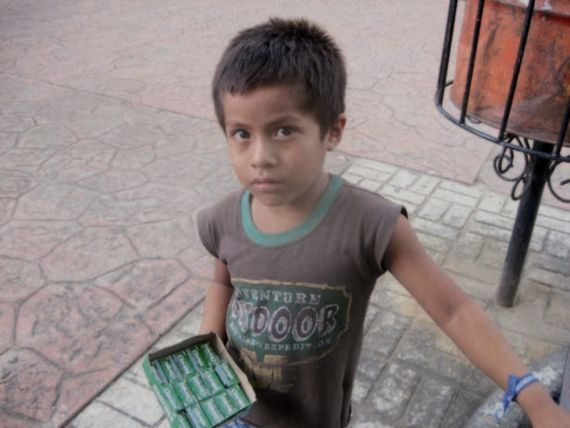
HUMILLACIÓN DE LA POBREZA
(Niño de tres años vendiendo chicles)
No decir tu nombre. Decir tus ojos reflejando fríos,
decir tus manos extendidas; decir que perdiste niñez
porque un remolino de pobreza te estrelló por calles
donde escuchas palabras bruscas y palabras huecas.
No decir tu país o tu ciudad. Decir tu futuro en vilo,
dependiendo de valentías o vergüenzas devoradoras;
decir que subsistes en medio de los días quemados
y que no desfalleces aunque todavía eres vulnerable.
No decir el color de tu piel. Decir que las hambres
te gritan desde que naciste; decir que tu foto no sale
en las páginas sociales; decir que el día te hizo cauto
y que la noche y sus rapaces están ahí para devorarte.
No decir discursos políticos o teológicos. Decir que
nadie remienda tus zapatos; decir que tu desamparo
se debe al orbe asqueroso de la codicia; decir llanto,
injusticia procaz, rabia ciega; decir pan mío para ti.
ARMUT ERNIEDRIGT
(Ein dreijähriges Kind verkauft Kaugummi)
Sag nicht deinen Namen. Lass deine Augen Kälte
widerspiegeln, lass deine ausgestreckten Hände
sprechen; sag dass du deine Kindheit verloren
hast, weil dich ein Strudel von Armut auf die Straßen
geschleudert hat, wo du grobe Worte und hohle
Worte hörst. Sag nicht dein Land oder deine Stadt.
Sag deine Zukunft ist suspendiert, dass du von
deiner verzehrenden Tapferkeit oder Schmach
abhängst; sag dass du inmitten von verbrannten
Tagen vegetierst und dass du nicht aufgibst,
obwohl du immer noch verletzbar bist. Sag
deine Hautfarbe nicht. Sag dass der Hunger
seit deiner Geburt um dich herumbrüllt; sag
dass dein Foto nicht auf den Gesellschafts-
seiten erscheint; sag dass der Tag dich
vorsichtig gemacht hat und dass die Nacht
und ihre Räuber darauf lauern, dich zu ver-
schlingen. Halte keine politischen oder
theologischen Reden. Sag dass dir niemand
die Schuhe flickt; sag dass sich dein Elend vom
schmutzigen Kreis der Gier ableitet; lass die
Tränen, die obszöne Ungerechtigkeit, die blinde
Wut sprechen; sag dass mein Brot für dich ist.
POVERTY HUMILIATES
(Three-year-old child selling chewing gum)
Don’t say your name. Say your eyes reflect the
cold, say your hands are stretched out; say you
lost your childhood because the whirlpool of
poverty slammed you into streets where you
hear rough words and hollow words. Don’t say
your country or your city. Say your future is in
suspense, depending on your devouring bravery
or shame. Say you subsist amidst burned days
and that you don’t falter, though you are still
vulnerable. Don’t say the color of your skin.
Say that hunger has been roaring around you
since you were born; say that your photo does
not appear on the social pages; say that the
day made you cautious and that the night and
its ravages are out there to devour you. Don’t
hold political or theological speeches. Say
that nobody patches your shoes; say your
distress is due to the disgusting orb of greed;
say tears, obscene injustice, blind rage;
say my bread for you.
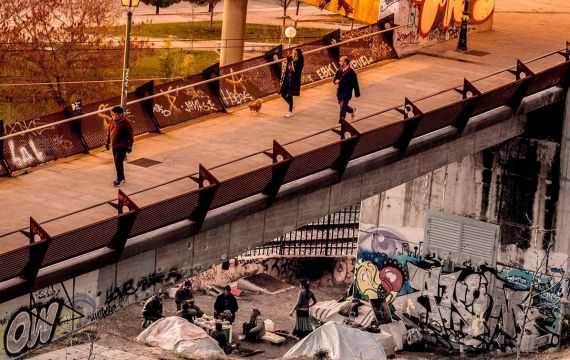
Bajo el puente, Madrid. Foto de barriossdemadrid.net
OJALÁ QUE NUNCA TE SUCEDA
A ti te tocará otra suerte
cuando se aleje la bonanza
y, al mirar en su vientre seco,
querrás ir tras el pan para los tuyos.
Serás como el recién llegado
que busca comida en la basura
y debe dormir bajo los puentes
mientras todo brilla por arriba.
Tú habías perdido la memoria
de esa pasada ciudadanía
que ataba las hambres a su cuello
y el trabajo a la servidumbre.
Pasarás desmedidas privaciones
para lograr empleos miserables
que los jóvenes del lugar no quieren
y tú harás con puntual esmero.
Todos viajamos en un mismo barco
que sube y baja con la marea.
Por el oro nunca te envanezcas
pues bien puede faltar mañana.
Sí: ojalá que nunca te suceda.
HOFFENTLICH GESCHIEHT DIR DAS NIE
Dich trifft ein anderes Schicksal
wenn das Wohlleben aufhört
und wenn du seinen vertrockneten Bauch anschaust,
wirst du versuchen, Brot für die Deinen zu kriegen.
Dann bist du wie der Neuankömmling
der im Müll nach Essen sucht
und unter Brücken schlafen muss
während oben drüber alles glänzt.
Du hattest sie ganz vergessen
diese ehemalige Staatsangehörigkeit
die den Hunger um den Hals gebunden hatte
und Arbeit an Leibeigenschaft.
Du wirst enormen Mangel erleiden
um miserable Stellen zu bekommen
die junge Leute dort nicht wollen
und die du mit pünktlichem Eifer ausführst.
Wir fahren alle im selben Boot
das je nach den Gezeiten steigt und fällt.
Bilde dir nur nichts auf Gold ein
das schon morgen zu Ende sein kann.
Ja: hoffentlich geschieht dir das nie.
I HOPE IT WILL NEVER HAPPEN TO YOU
You will have another fate
when the good life ends
and when you look at its dried-up belly
you will try to find bread for your family.
Then you will be like the newcomer
who looks for food in the garbage
and who has to sleep under bridges
while all is shiny above.
You had forgotten all about
your former citizenship
that had hunger slung around its neck
and work around its servitude.
You will suffer exorbitant deprivations
to obtain miserable jobs
that young people here do not want
and that you carry out diligently.
We are all in the same boat
that goes up and down with the tides.
Never boast about your gold
for it can run out tomorrow.
Yes: I hope it will never happen to you.
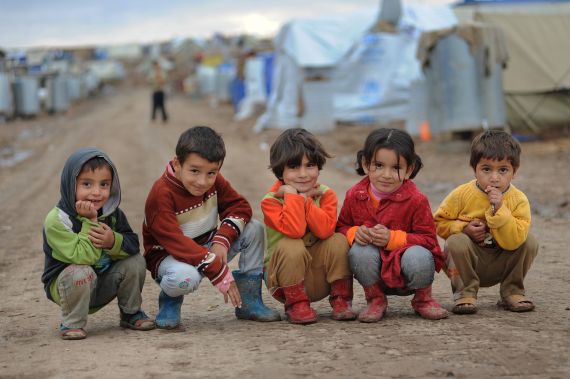
Niños sirios en un campo de refugiados de Jordania
CAMPO DE REFUGIADOS
Y estos niños
¿qué combates perdieron
sin haberlos provocado?
Mujeres que solo esperan
para enterrar a sus
criaturas.
Pues yo miraba ancianos
entre el polvo
o el barro de esos laberintos,
hombres enfermos
que ya ni cuentan lo que
han vivido.
Otra vez la gente
agolpándose en el centro
de mi corazón,
otra vez la humanidad
sin entonar su
mea culpa.
FLŰCHTLINGSLAGER
Und diese Kinder
welche Kämpfe haben sie verloren
ohne sie provoziert zu haben?
Frauen die nur warten
um ihre Kinder
zu beerdigen.
Und dann sah ich Alte
im Staub und Schlamm
dieser Labirynthe,
kranke Menschen
die nicht einmal sagen können
was sie erlebt haben.
Wieder sind es Menschen
die sich mitten in
mein Herz drängen,
wieder die Menschheit
ohne ihr mea culpa
anzustimmen.
REFUGEE CAMP
And these children
what battles have they lost
without having provoked them?
Women who only wait
to bury
their children.
And then I saw the old
in the dust and morass
of these labirynths,
Sick people
who cannot even tell
what they have lived through.
Again the people
crowding into the center
of my heart,
again humanity
without singing its
mea culpa.
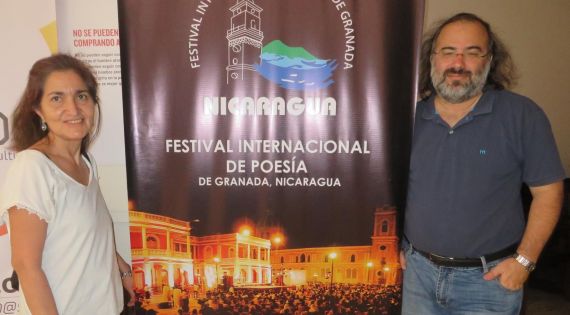
Jacqueline Alencar y A. P. Alencart, en Granada (Nicaragua)

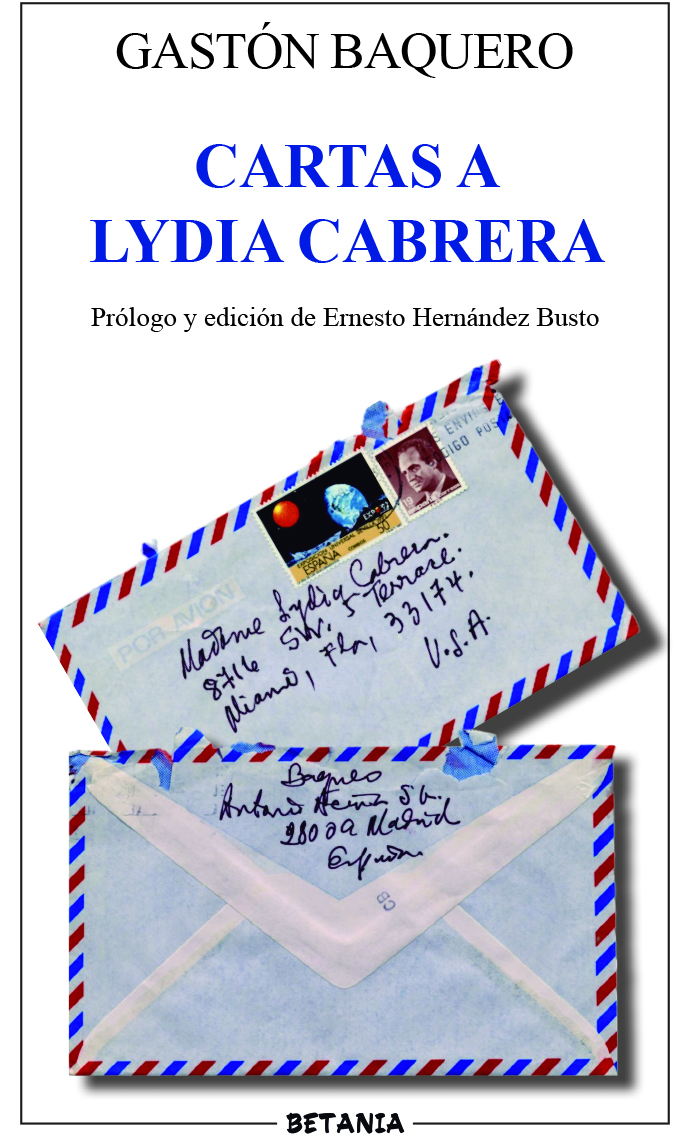
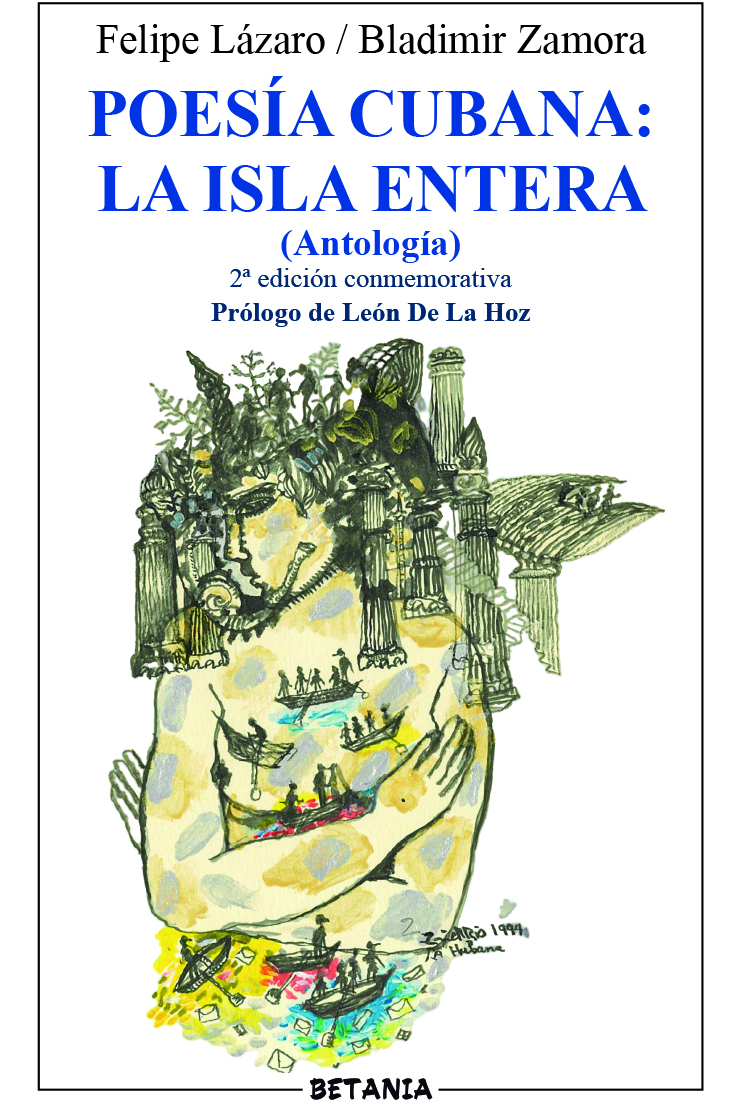

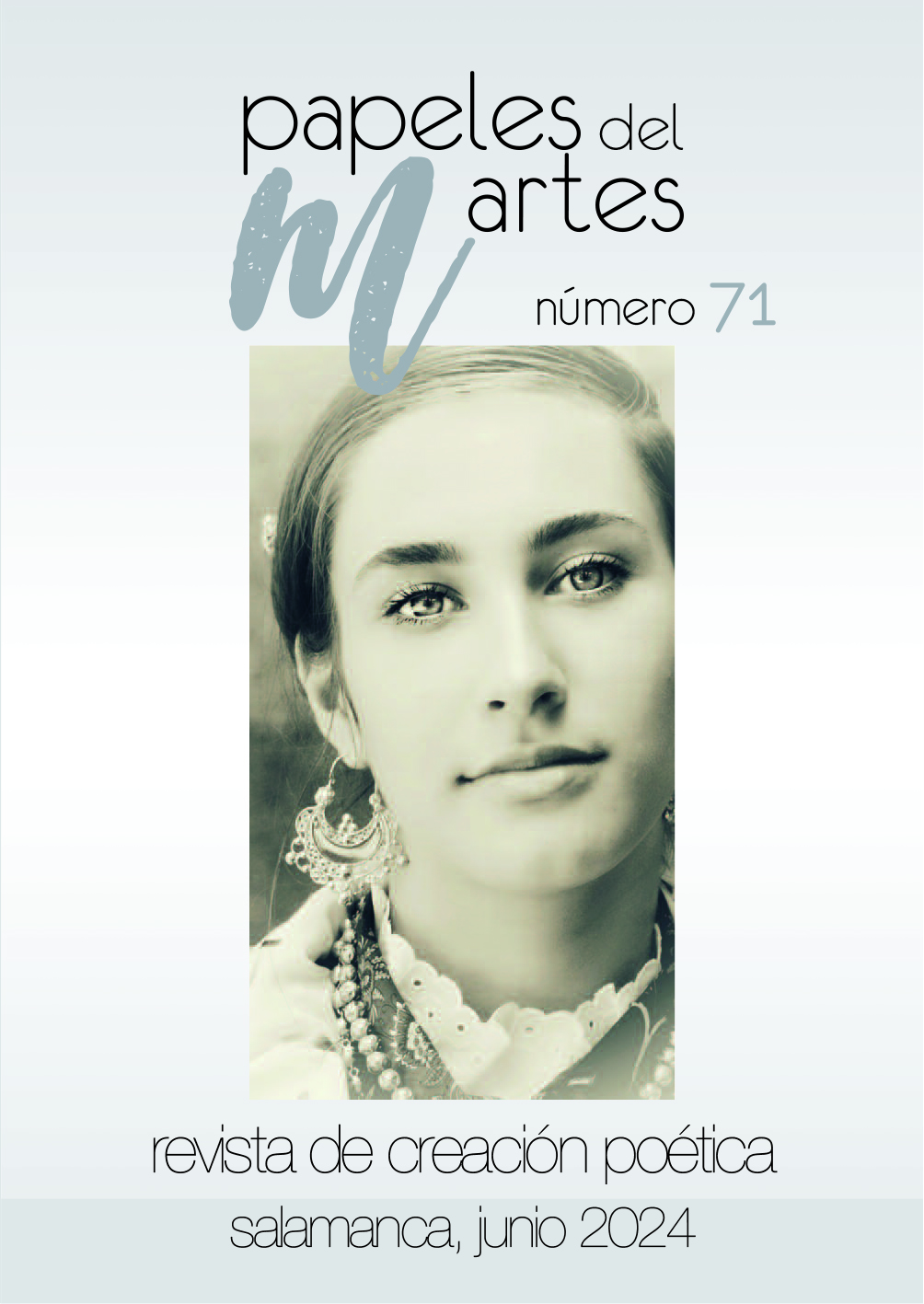
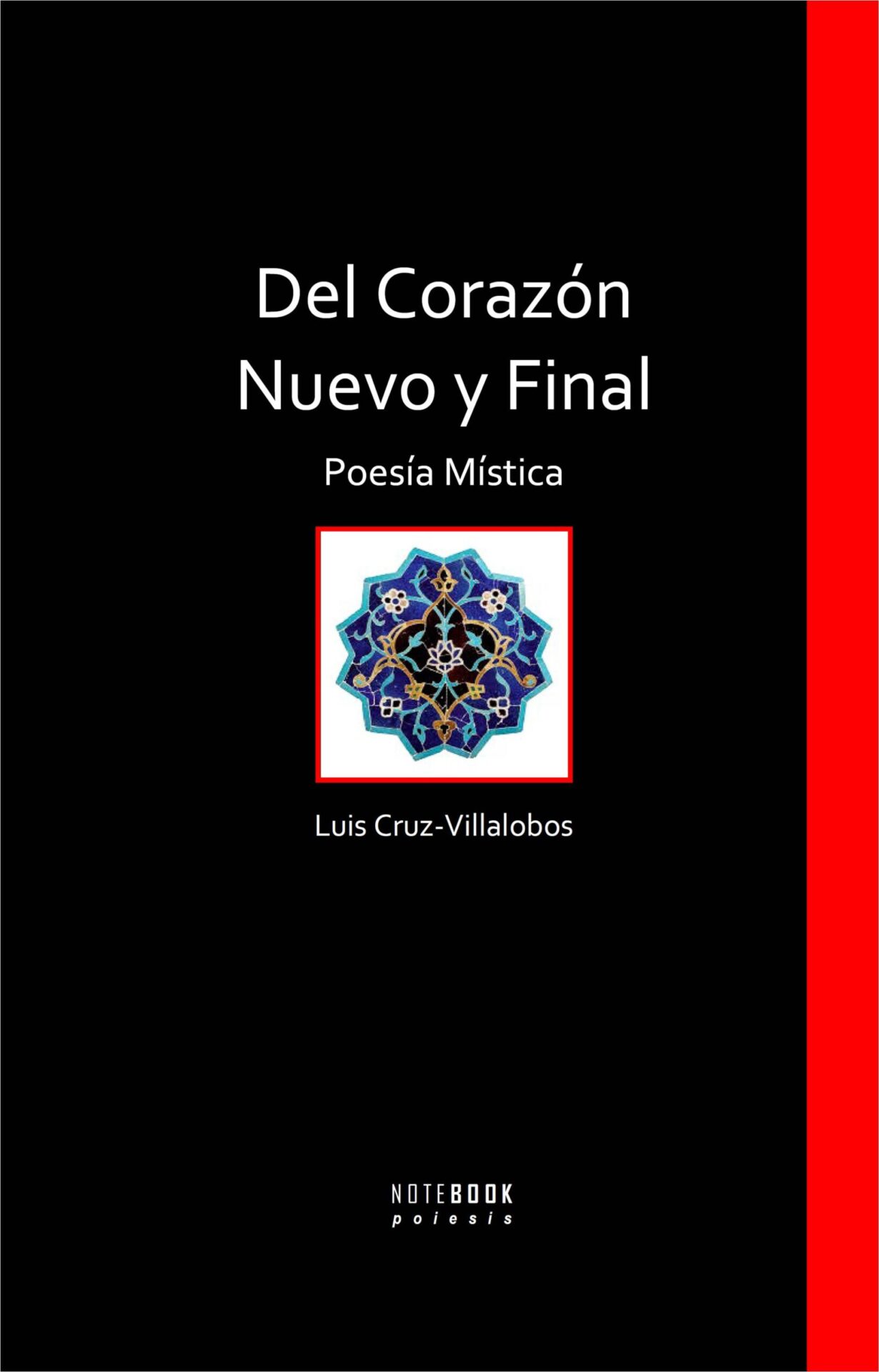
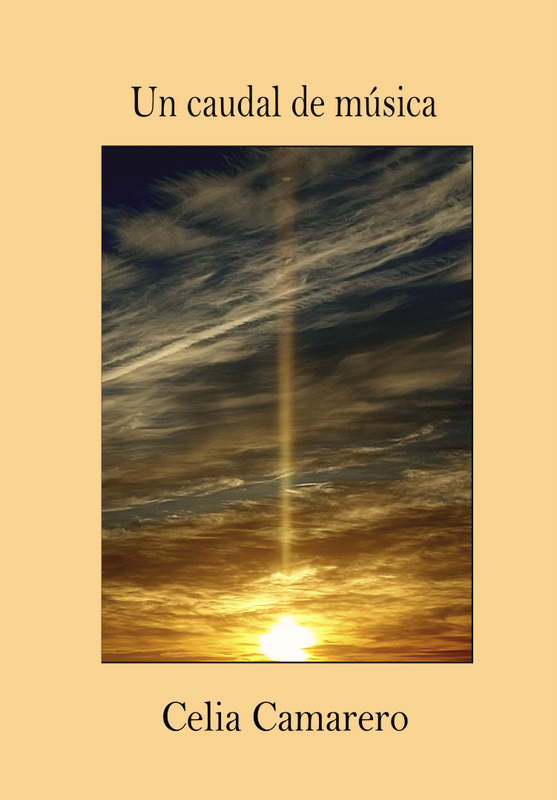
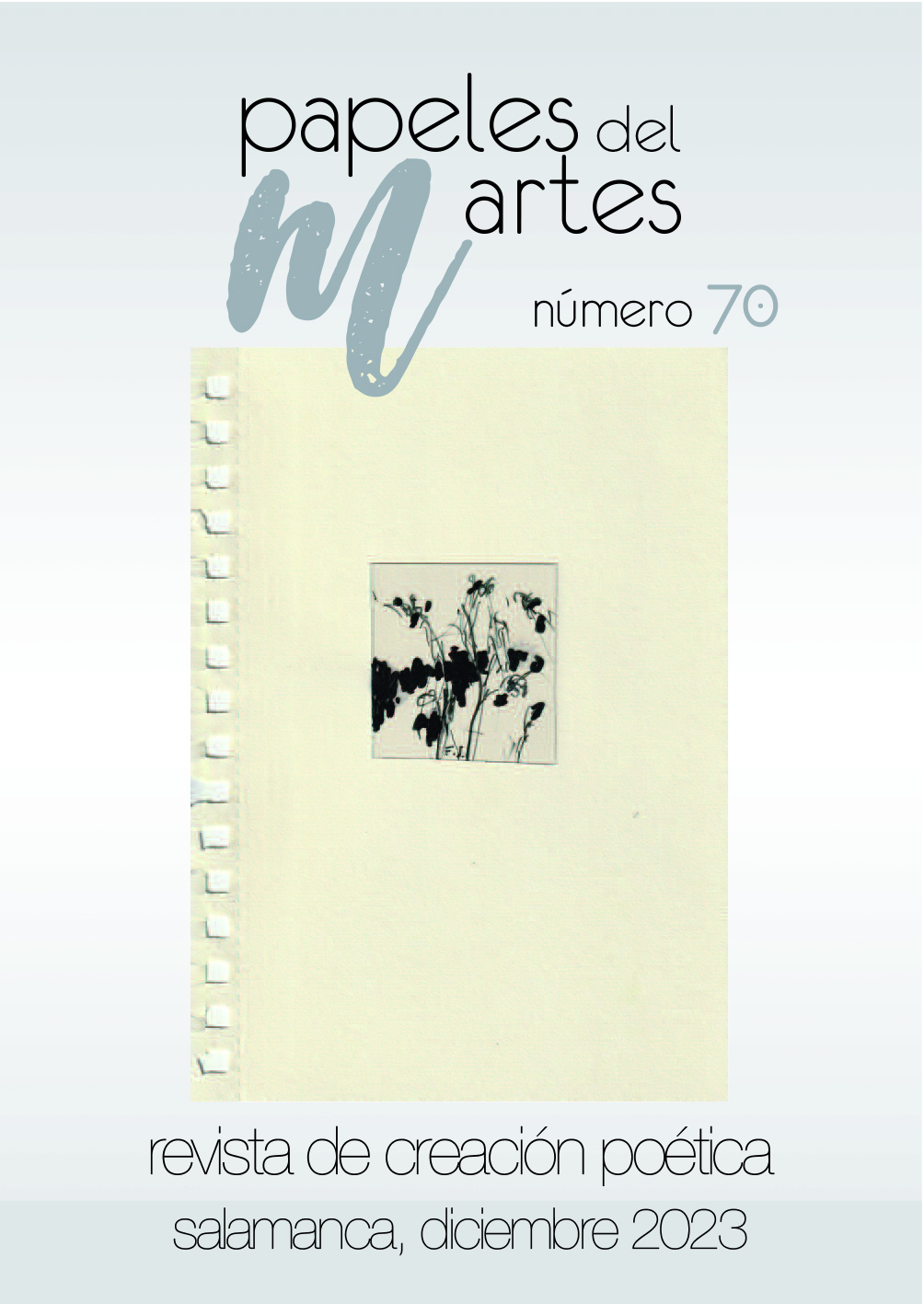
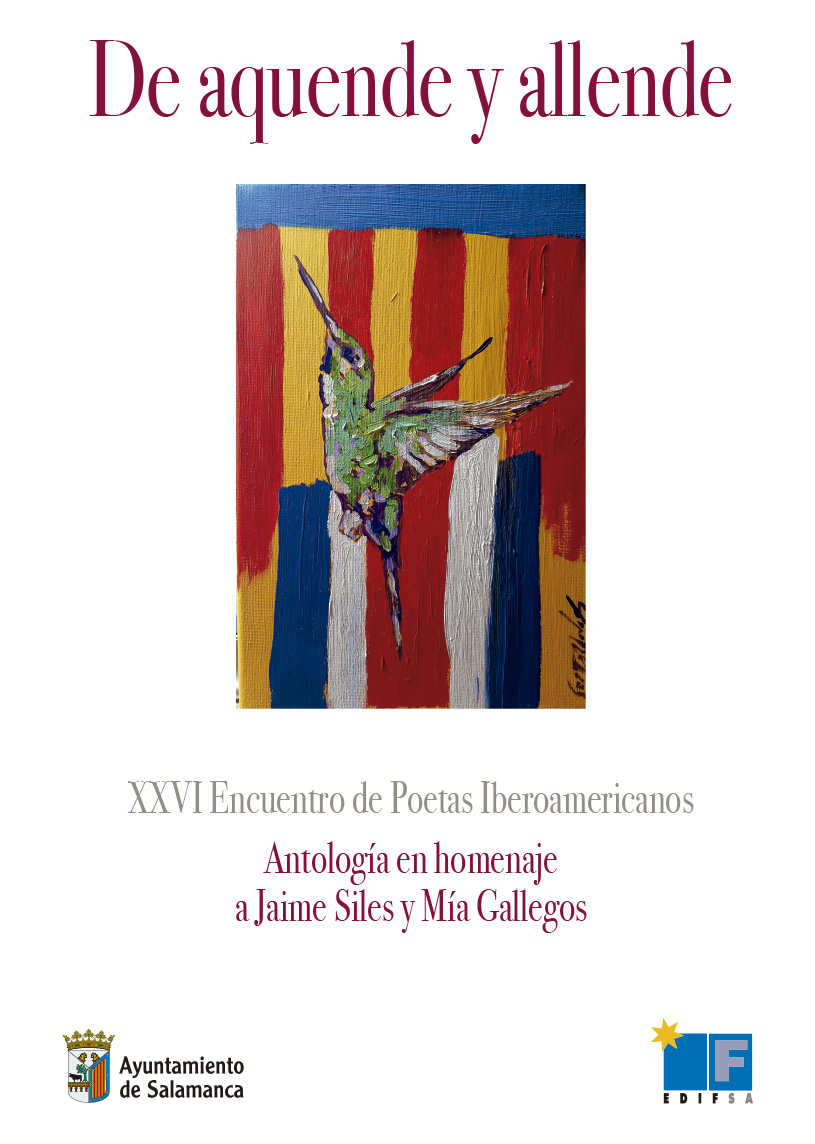
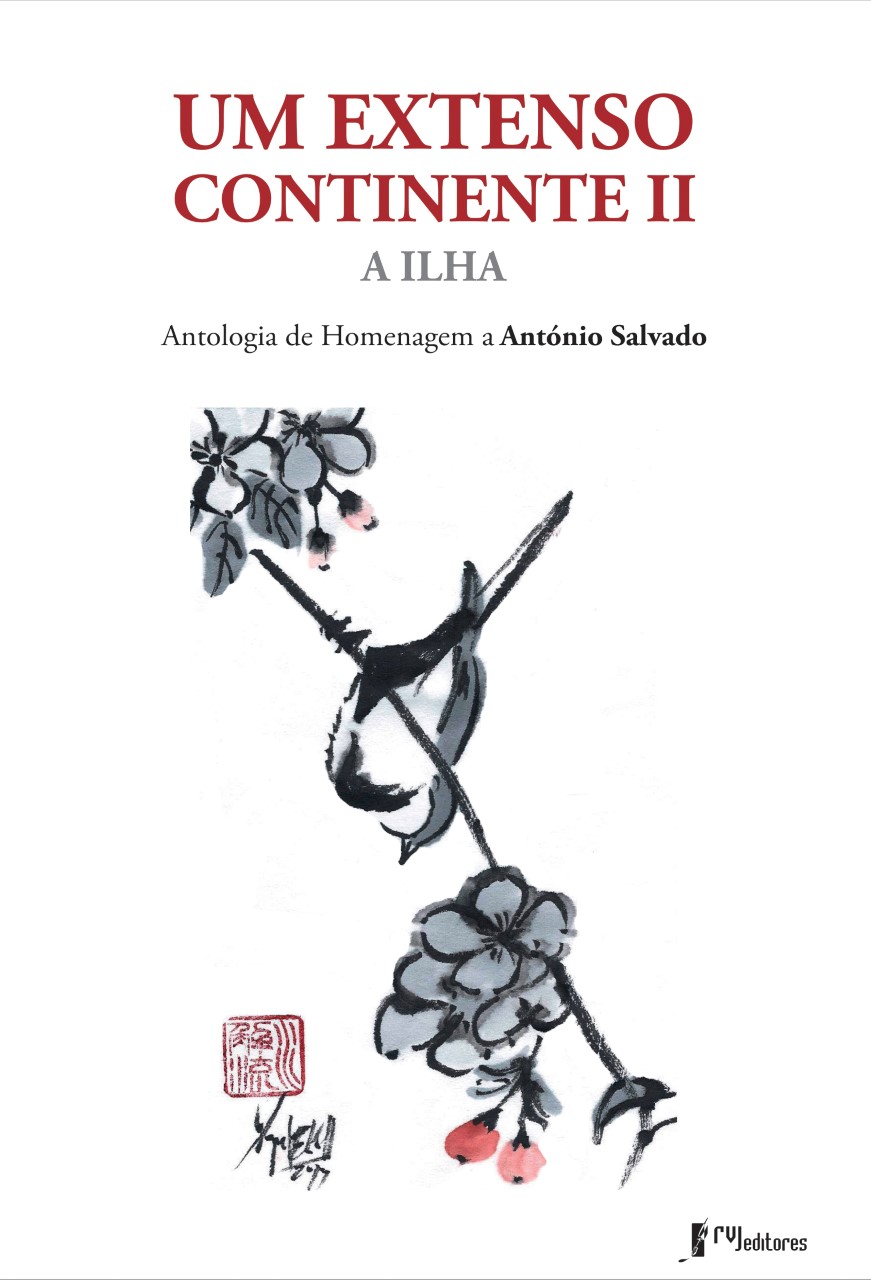
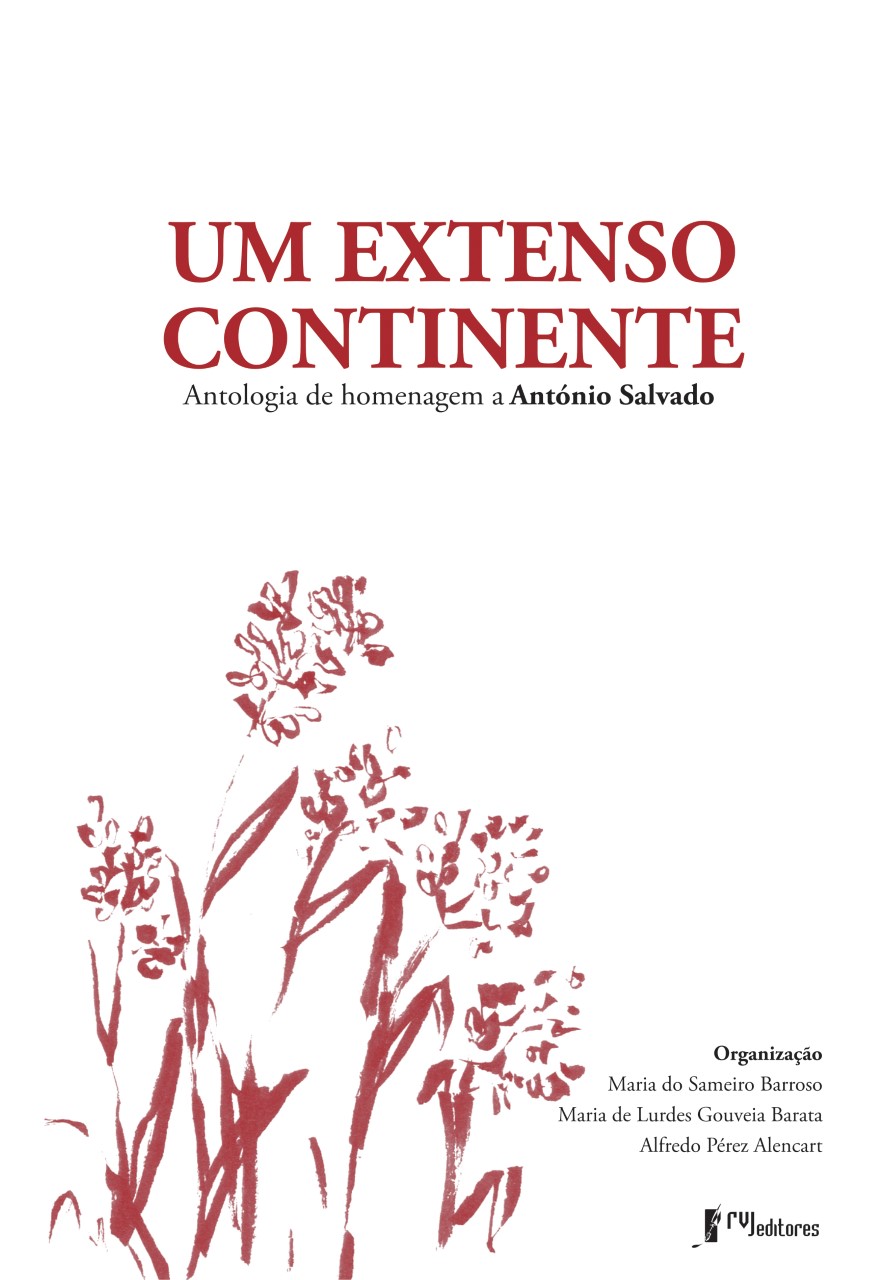
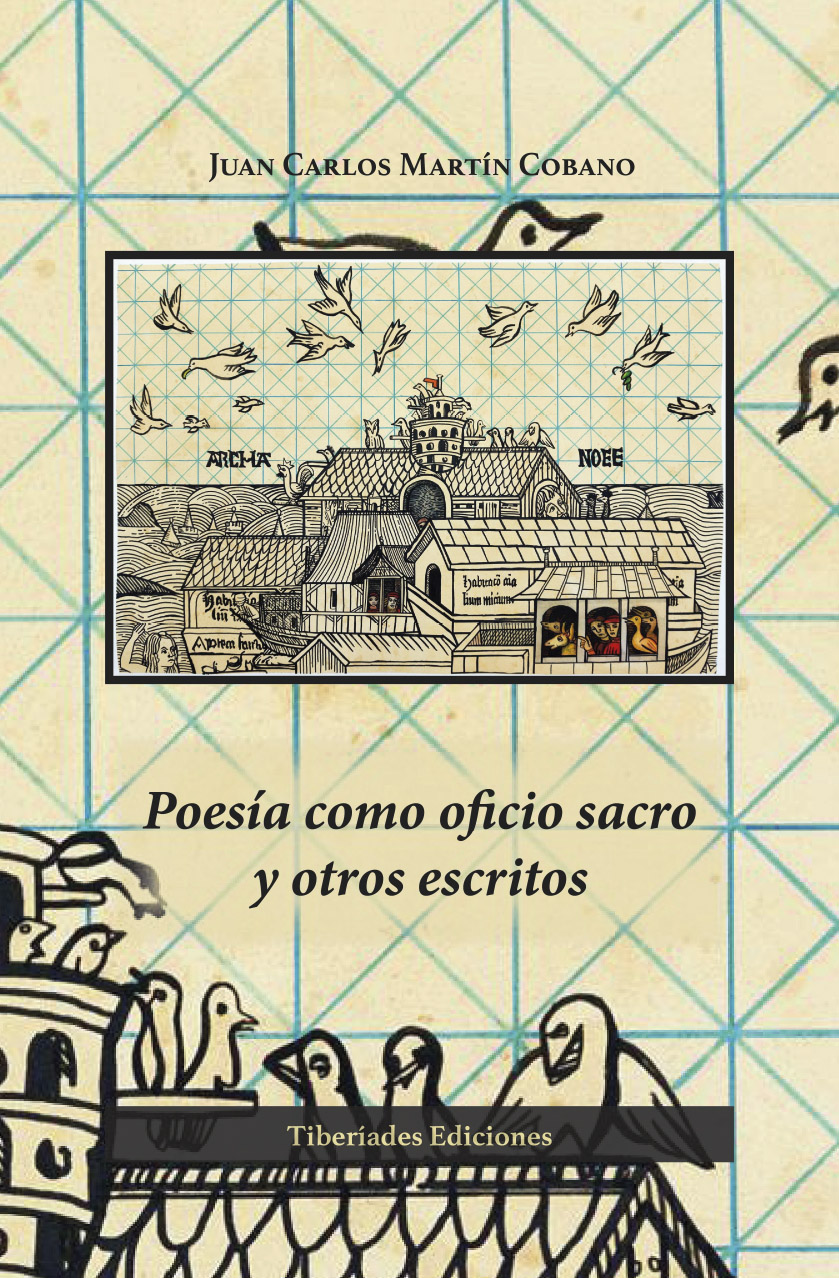
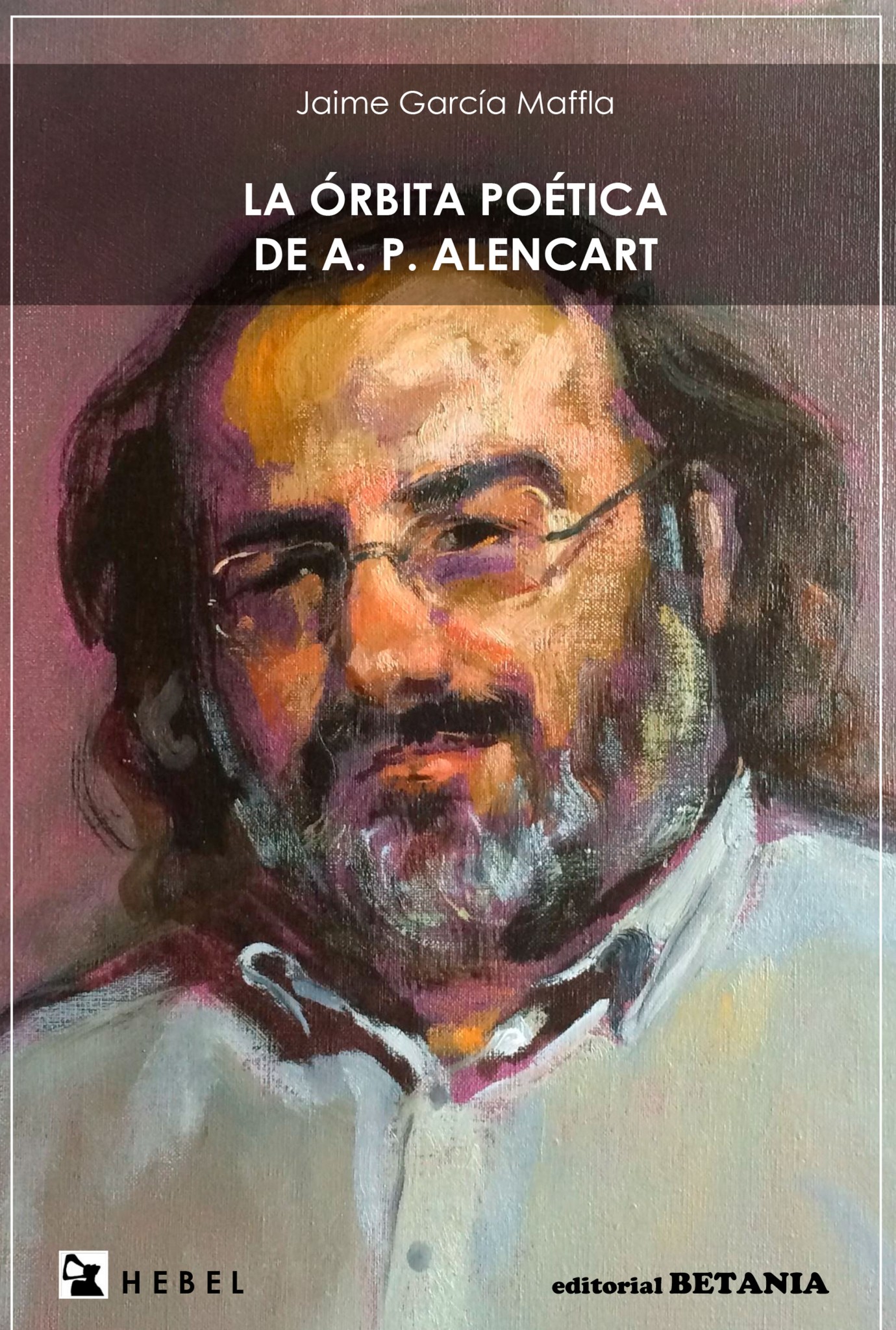

Deja un comentario
Lo siento, debes estar conectado para publicar un comentario.